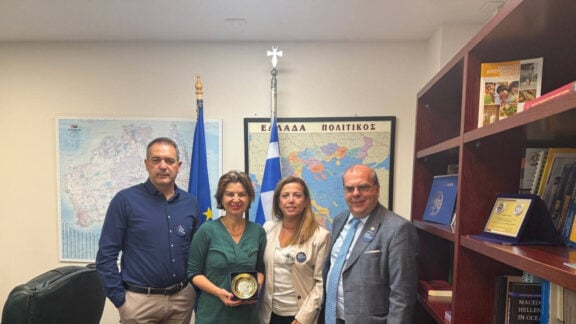More than four million Australians are worried they won’t be able to afford retirement, according to new research that reveals a growing gap between retirement savings and financial security.
A study by Finder found that 20 per cent of Australians fear their superannuation and other investments won’t be enough to allow them to retire, while one in five said they’ll need to cut back on their spending just to get by.
The Association of Superannuation Funds of Australia (ASFA) recommends singles have $595,000 and couples have $690,000 saved to enjoy a comfortable retirement. But according to the Australian Taxation Office (ATO), the average super balance is around $172,000, with the median far lower, at just $66,000 for men and $52,000 for women.
“Insufficient super or savings could see millions of Aussies facing financial strain in their later years,” Pascale Helyar-Moray from Finder told 9News.
The shortfall is pushing many to reconsider traditional retirement expectations. Some are now exploring options like “micro-retirements”, shorter, planned career breaks every five to ten years while others are turning to strategies like salary sacrificing to boost their super contributions.
“More and more people are worried that retirement will arrive before the money does, leaving them underprepared,” Helyar-Moray said.
“And relying on the Age Pension may not be an option for everyone, your assets could disqualify you from receiving it.”
Finder’s research also revealed that 27 per cent of Australians remain uncertain whether they’ll have enough super to retire, while 10 per cent believe they’ll need to rely on other investments to cover the gap.
To improve retirement outcomes, Helyar-Moray recommends Australians take proactive steps, such as:
- Salary sacrificing, as super contributions are taxed at a maximum of 15 per cent;
- Regularly checking fund performance and fees;
- Confirming employers are making timely 12 per cent Superannuation Guarantee contributions.
“Make sure you’re not stuck in a poorly performing fund,” she added. “Small changes now can make a big difference in the long run.”









